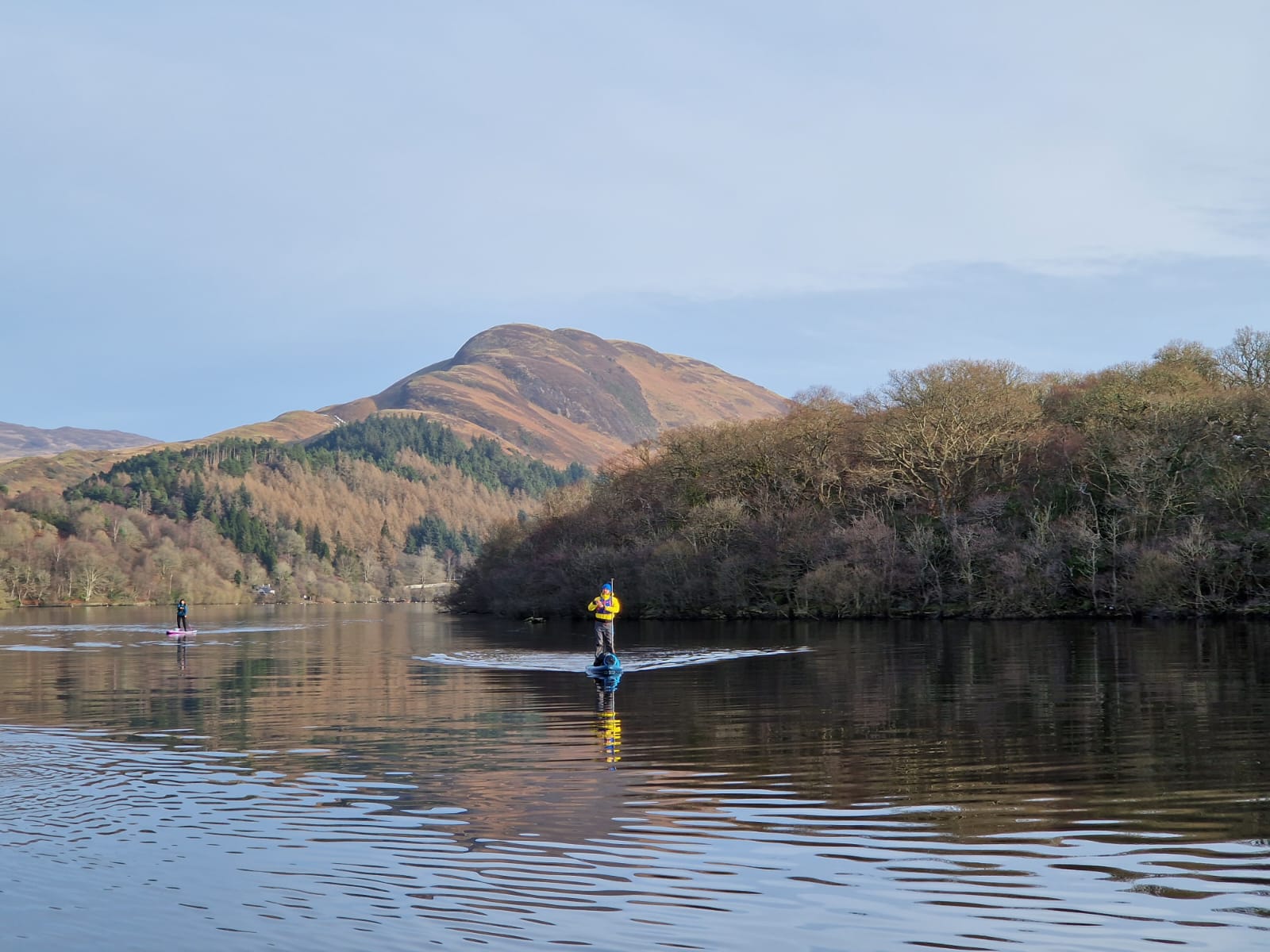3 Must-DO SUP Surf Session Tips for Beginners
- Ally Findlay

- Apr 2, 2024
- 3 min read

Surfing is an exhilarating and joyful water sport that allows you to connect with nature while experiencing an adrenaline rush. SUP Surf is one of the many disciplines within surfing. As you paddle out into the ocean, you'll feel the invigorating sensation of the waves beneath you, building anticipation for the thrill of standing up and riding them towards the shore. There's no doubt that it is exciting. The sun on your skin, the sea spray in your face, and the sound of crashing waves create a sensory experience that brings immense enjoyment and a sense of freedom. Perhaps you can already SUP? Maybe you have your own kit too? Time to get out and see what it can do on some waves in the sea
Here are our 3 Must-do SUP Surf Session Tips
1. Take a lesson.
A skilled instructor can guide you through proper techniques, increasing your safety and reducing the risk of injury. In this lesson environment learning from someone qualified to teach you will accelerate your learning curve and help you to stand and SUP surf more quickly. You'll gain better understanding of proper paddleboarding technique and this will minimise the risk of physical strain or discomfort over time. It also ensures an enjoyable experience on the water. Qualified instructors can share insider tips, such as the best locations for surfing, how to read the weather conditions, and surfing etiquette. Lessons allow for a customised approach, which cater to your individual needs, goals, and skill level. Ultimately we want to go SUP Surfing with friends or on our own without the need for an instructor. The initial lesson process will boost your confidence and help you to get to where you want to be. Gaining proficiency in sup surfing leads to increased confidence, expanding your potential for exploring new destinations on your own when you are ready.

Aimee, John, Jonathan, Tanja and Ally all suited pre surf.
2. Use a straight leash and not a coiled leash if you are used to flat water paddling
Straight leashes are preferable to coiled leashes for surfing because they have minimal recoil compared to coiled leashes. With less force upon release, they significantly reduce the risk of injury from getting boshed on the head or some other impact. A straight leash is less likely to become entangled on a surfboard or around underwater obstacles, lowering the user's risk of getting caught and dragged underwater. This is a crucial concern when surfing in rocky areas or near piers.

Ally and Mike posing in-between surf and discussion around wave movement
3. Focus on learning to stand and catch a wave before introducing the paddle.
When we focusing on body movement alone, and by that I mean without the paddle, just using the board. you train your core, legs, and arms, which will improve your overall control and balance of your board. In the surfing world surfers manage larger waves better because of the understanding of where to stand, how to move and they don't have to think about what anything else is doing. You will develop a deeper understanding and appreciation of the mechanics of SUP surf, heightening your ability to read and anticipate wave behaviour. Surfing without the paddle develops paddling-specific muscles, enhancing sup surfing performance. In the beginning, especially in challenging or unpredictable waves, paddle placement may become compromised, increasing the chances of losing equipment or having to find it after you've been smashed by a wave. Familiarity with body surfing, helps us to be ready for a wide range of surfing situations.
This below video shows Leeanne, on the waves with a straight leash. She is using her paddle to help with power after input on catching waves, via previous lessons. It gives good insight to beginner waves and what is achievable. There is a lot good about what she is doing and lots she can improve on. We all start somewhere and she is doing an awesome job.
Inflatable SUP Surf options if you are looking for something to buy. For hardboard please get in touch. There are several option with SIC, Infinity and Starboard all available now.









Comments